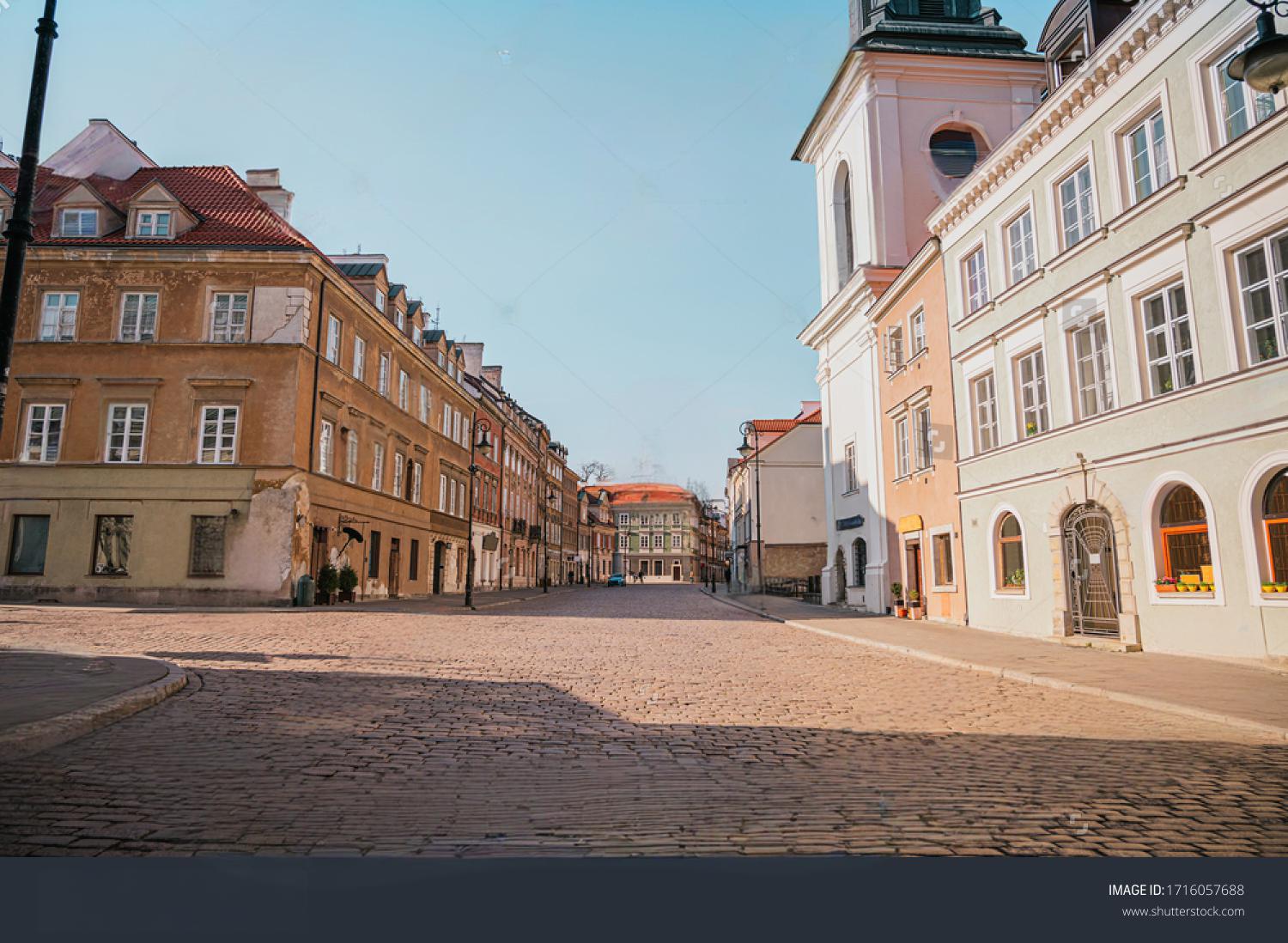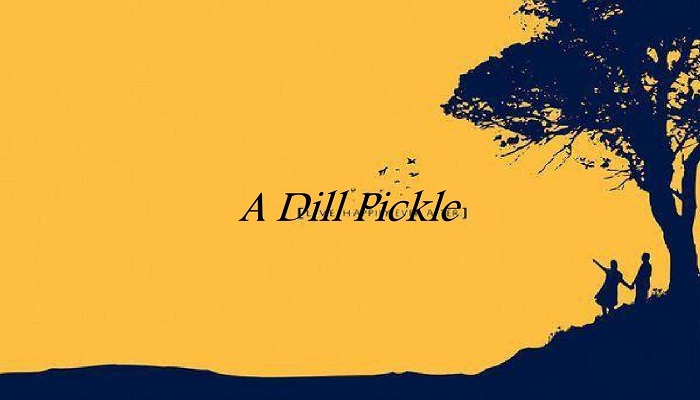How Reading Changed My Life
How Reading Changed My Life
Anna Quindlen

How Reading Changed My Life
Anna Quindlen

I had a lovely childhood in a lovely place. The neighborhood where I grew up was the sort of place in which people dream of raising children—a small but satisfying spread of center—hall colonials, old roses, and quiet roads. We walked to school, wandered wild in the summer. We knew everyone and all their brothers and sisters, too. Some of the people I went to school with still live there.
Yet, there was always in me the sense that I ought to be somewhere else. And wander I did, although, in my everyday life, I had nowhere to go and no imaginable reason on earth why I should want to leave. I wandered the world through books. I went to Victorian England in the pages of Middlemarch and A Little Princess, and to Saint Petersburg before the fall of the tsar with Anna Karenina. I went to Tara, and Manderley, and Thornfield Hall, all those great houses, with their high ceilings and high drama, as I read Gone with the Wind, Rebecca, and Jane Eyre.
When I was in eighth grade I took a scholarship test for a convent school, and the essay question began with a quotation: "It is a far, far better thing that I do, than I have ever done; it is a far, far better rest that I go to, than I have ever known." Later, over a stiff and awkward lunch of tuna-fish salad, some of the other girls at my table were perplexed by the source of the quotation and what it meant, and I was certain, at that moment, that the scholarship was mine.
How many times had I gone up the steps to the guillotine with Sydney Carton as he went to that far, far better rest at the end of A Tale of Two Cities.
Like so many of the other books I read, it never seemed to me like a book, but like a place I had lived in, had visited and would visit again, just as all the people in them, every blessed one-Anne of Green Gables, Heidi, Jay Gatsby, Elizabeth Bennett, Dill and Scout—were more real than the real people I knew. My home was in that pleasant place outside Philadelphia, but I really lived somewhere else. I lived within the covers of books and those books were more real to me than any other thing in my life. One poem committed to memory in grade school survives in my mind. It is by Emily Dickinson: "There is no Frigate like a book / To take us Lands away / Nor any coursers like a Page / Of prancing Poetry."
Perhaps only a truly discontented child can become as seduced by books as I was. Perhaps restlessness is a necessary corollary of devoted literacy. There was a club chair in our house, with curled arms and a square ottoman; it sat in one corner of the living room, with a barrel table next to it. In my mind I am always sprawled on it, reading with my skinny legs slung over one of its arms. "It's a beautiful day," my mother is saying; she said that always, often, autumn, spring, even when there was a fresh snowfall.
"All your friends are outside." It was true; they always were. Sometimes I went out with them, coaxed into the street, out into the fields, down by the creek, by the lure of what I knew instinctively was normal childhood.
I have clear memories of that sort of life, of lifting the rocks in the creek that trickled through Naylor's Run to search for crayfish, of laying pennies on the tracks of the trolley and running to fetch them, flattened, when the trolley had passed. But the best part of me was always at home, within some book that had been laid flat on the table to mark my place, its imaginary people waiting for me to return and bring them to life.
In the years since those days in that club chair I have learned that I was not alone in this, although at the time I surely was, the only child I knew, or my parents knew, or my friends knew, who preferred reading to playing. In books I have traveled, not only to other worlds, but into my own. I learned who I was and who I wanted to be, what I might aspire to, and what I might dare to dream about my world and myself. I learned the difference between good and evil, right and wrong. There was waking, and there was sleeping. And then there were books, a kind of parallel universe in which I might be a newcomer but was never really a stranger. My real, true world. My perfect island.
Years later I would come to discover, as Robinson Crusoe did when he found Man Friday, that I was not alone in that world or on that island. I would discover (through reading, naturally) that while I was sprawled, legs akimbo, in that chair with a book, Jamaica Kincaid was sitting in the glare of the Caribbean sun in Antigua reading in that same way that I did, as though she was starving and the book was bread.
Reading has always been my home, my sustenance, my great invincible companion. "Book love," Trollope called it. "It will make your hours pleasant to you as long as you live." Yet of all the many things in which we recognize some universal comfort—God, sex, food, family, friends—reading seems to be the one in which the comfort is most undersung, at least publicly, although it was really all I thought of, or felt, when I was eating up book after book, running away from home while sitting in that chair, traveling around the world and yet never leaving the room. I did not read from a sense of superiority, or advancement, or even learning. I read because I loved it more than any other activity on earth.
By the time I became an adult, I realized that while my satisfaction in the sheer act of reading had not abated in the least, the world was often as hostile, or as blind, to that joy as had been my girlfriends banging on our screen door, begging me to put down the book—"that stupid book," they usually called it, no matter what book it happened to be.
While we pay lip service to the virtues of reading, the truth is that there is still in our culture something that suspects those who read too much, whatever reading too much means, of being lazy, aimless dreamers, people who need to grow up and come outside to where life is, who think themselves superior in their separateness.
There is something in the American character that is even secretly hostile to the act of aimless reading, a certain hale and heartiness that is suspicious of reading as anything more than a tool for advancement. America is also a nation that prizes sociability and community, that accepts a kind of psychological domino effect: alone leads to loner, loner to loser. Any sort of turning away from human contact is suspect, especially one that interferes with the go-out-and-get-going ethos that seems to be at the heart of our national character. The images of American presidents that stick are those that portray them as men of action: Theodore Roosevelt on safari, John Kennedy throwing a football around with his brothers. There is only Lincoln as solace to the inveterate reader, a solitary figure sitting by the fire, saying, "My best friend is a person who will give me a book I have not read."
There also arose, as I was growing up, a kind of careerism in the United States that sanctioned reading only if there was some point to it.
Students at the nation's best liberal arts colleges who majored in philosophy or English were constantly asked what they were "going to do with it," as though intellectual pursuits for their own sake had had their day, and lost it in the press of business. Reading for pleasure was replaced by reading for purpose, and a kind of dogged self-improvement: whereas an executive might learn far more from Moby-Dick, the book he was expected to have read might be The Seven Habits of Highly Successful People. Reading for pleasure, spurred on by some interior compulsion, became as suspect as getting on the subway to ride aimlessly from place to place.
For many years I worked in the newspaper business. For many journalists, reading in the latter half of the twentieth century was most often couched as a series of problems to be addressed: Were children in public schools reading poorly? Were all Americans reading less? Was the printed word giving way to the spoken one? Had television and the movies supplanted books? The journalistic answer, most often, was yes, yes, yes, yes. And in circles devoted to literary criticism, among the professors of literature, the editors and authors of fiction, there was sometimes a kind of horrible exclusivity surrounding discussions of reading. There was good reading, and there was bad reading. There was the worthy, and the trivial. This was always couched in terms of taste, but it tasted, smelled unmistakably like snobbery.
None of this was new. Reading has always been used as a way to divide a country and a culture into the literati and everyone else, the intellectually worthy and the hoi polloi. But in the fifteenth century Gutenberg invented the printing press, and so began the process of turning the book from a work of art for the few into a source of information for the many. After that, it became more difficult for one small group of people to lay an exclusive claim to books, to seize and hold reading as their own. But it continued to be done by critics and scholars. When I began to read their work, I was disheartened to discover that many of them felt that the quality of poetry and prose, novels and history and biography, was plummeting into some intellectual bargain basement. But reading saved me from despair, as it always had, for the more I read the more I realized it had always been thus, and that apparently an essential part of studying literature, whether in 1840, 1930, or 1975, was to conclude that there had once been a golden age, that it was gone. "The movies consumed so large a part of the leisure of the country that little time is left for other things," the trade magazine of the industry, Publisher Weekly, lamented in 1923. "The novel can't compete with cars, the movies, television, and liquor," the French writer Louis-Ferdinand Celine said in 1960.
There was certainly no talk of comfort and joy, of the lively subculture of those of us who comprise the real clan of the book, who read not to judge the reading of others but to take the measure of ourselves. Of those of us who read because we love it more than anything, who feel about bookstores the way some people feel about jewelers. The silence about this was odd, both because there are so many of us and because we are what the world of books is really about. We are the people who once waited for the newest installment of Dickens' latest novel. We are the people who saw to it that Pride and Prejudice never went out of print.
Nothing had changed since I was a solitary child being given leather bookmarks by relatives for Christmas. It was still in the equivalent of the club chairs that we found one another: at the counters in bookstores with our arms full, at the front desks in libraries, at school, where teachers introduced us to one another—and, of course, in books, where book-lovers make up a lively subculture of characters. "Until I feared I would lose it, I never loved to read. One does not love breathing," says Scout in To Kill a Mockingbird.
Reading is like so much else in our culture: the truth of it is found in its people and not in its pundits and its professionals. If I believed what I read about reading I would despair. But instead there are letters from readers to attend to, like the one from a girl who had been given one of my books by her mother and began her letter, "I guess I am what some people would call a bookworm."
"So am I," I wrote back.







